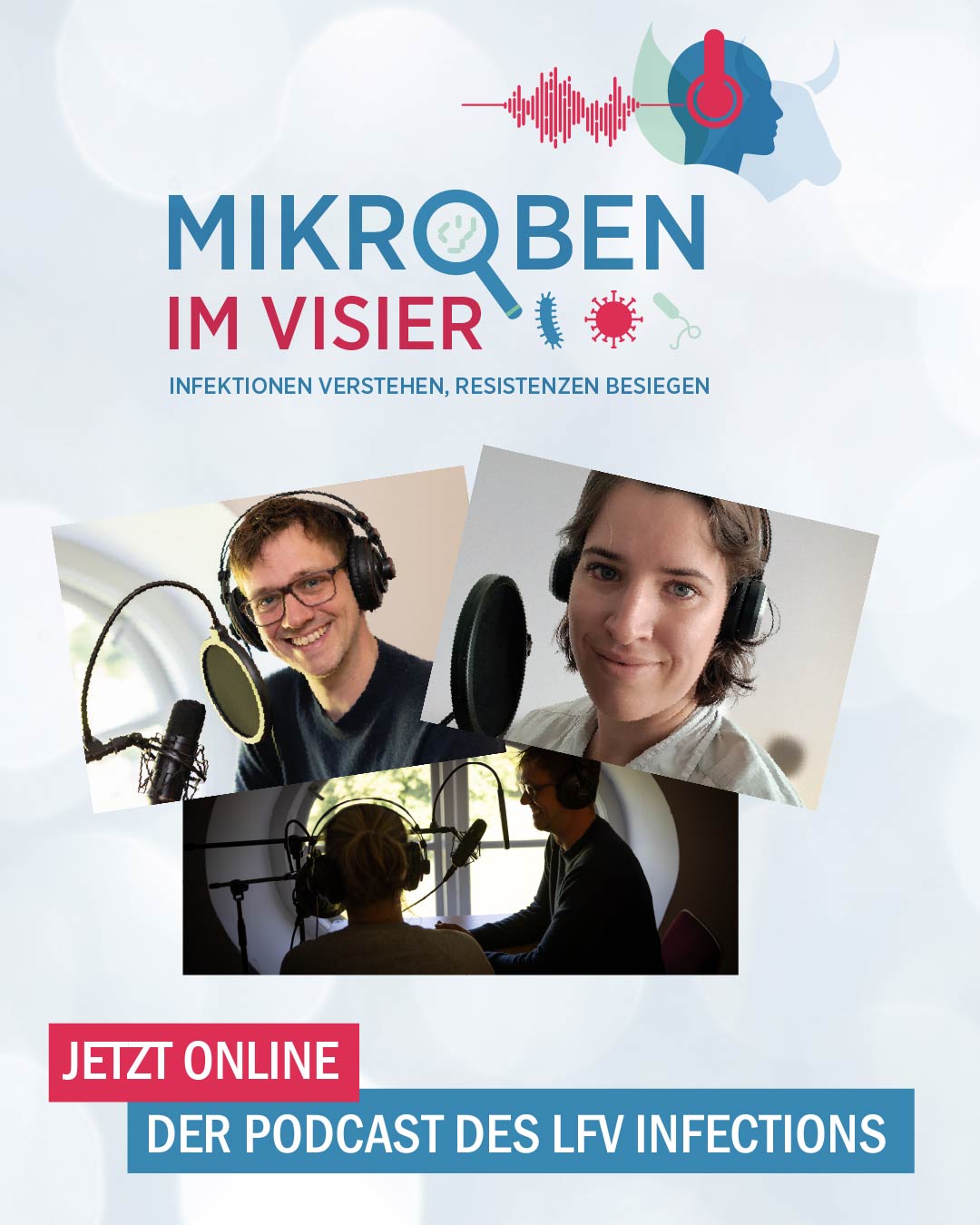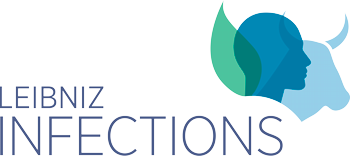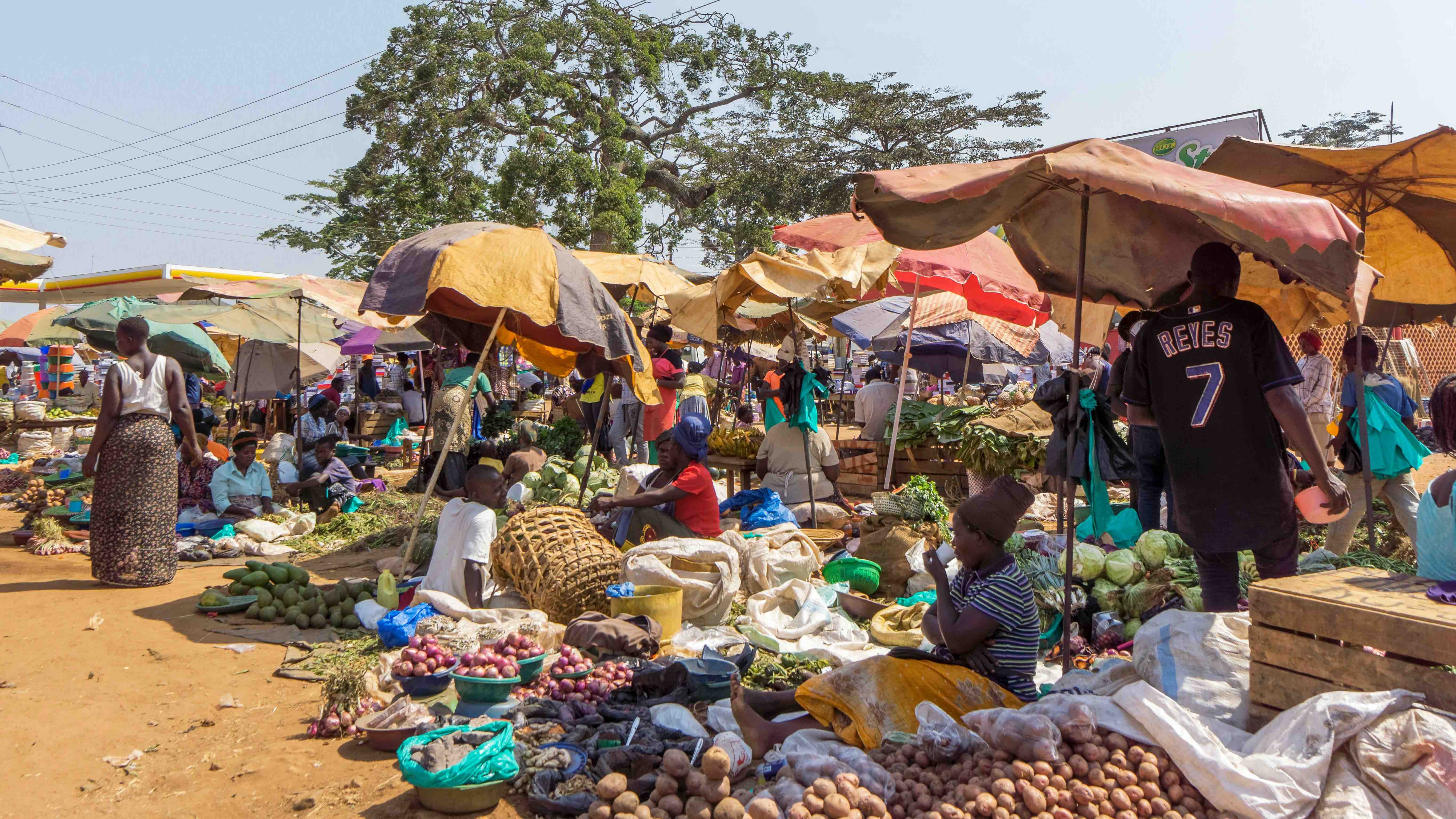Antibiotic resistance is a global problem. While the situation in Europe and the USA has been well researched, many regions of the world remain poorly understood. The research alliance Leibniz INFECTIONS is investigating the resistance situation in Sub-Saharan Africa, where approximately twice as many people die from resistant pathogens as in Europe. In episode 7 of the podcast ‘Mikroben im Visier’, we explore how resistance develops and spreads, and what appropriate countermeasures can be taken.
The situation in sub-Saharan Africa is characterised by a combination of a lack of reliable antibiotics and overuse. In many countries in the Global South, access to safe and effective antibiotics is limited. 'Only around half of hospitals have an adequate supply of so-called "access antibiotics",' explains Professor Renate Hartwig from the RWI – Leibniz Institute for Economic Research in Essen in the latest episode of the 'Mikroben im Visier' podcast. This group includes proven drugs such as amoxicillin and doxycycline, which are inexpensive, effective, and pose a low risk of resistance development.
Uncertain quality
At the same time, many of the drugs available on the market are poor quality. According to estimates, up to 20% of drugs in Africa are counterfeit or ineffective, with some studies suggesting the proportion may be as high as 30%. Reasons for this include improper storage, counterfeiting, and a lack of controls. Furthermore, in many regions, antibiotics are prescribed 'on suspicion' – for example, when a precise diagnosis is not possible for a child with a fever. 'There is simply a lack of diagnostics to determine what type of infection it is,' the scientist emphasises. As a result of this overuse, resistance develops more easily and spreads.
At the same time, many of the drugs available on the market are poor quality. According to estimates, up to 20% of drugs in Africa are counterfeit or ineffective, with some studies suggesting the proportion may be as high as 30%. Reasons for this include improper storage, counterfeiting, and a lack of controls. Furthermore, in many regions, antibiotics are prescribed 'on suspicion' – for example, when a precise diagnosis is not possible for a child with a fever. 'There is simply a lack of diagnostics to determine what type of infection it is,' the scientist emphasises. As a result of this overuse, resistance develops more easily and spreads.
As part of the research alliance Leibniz INFECTIONS, Renate Hartwig is investigating the situation in Ghana, Burkina Faso and eastern Congo. There, her team is investigating the use of antibiotics in humans and animals, and how resistance spreads. The results from Congo are particularly striking: 'We are finding resistance rates of up to 80% in both cows and the people responsible for their daily care.' While it is unclear exactly how pathogens are transmitted between animals, humans and the environment, the figures demonstrate the severity of the situation.
Problematic self medication
Improving the quality of medicines alone is not enough. In a project in Burkina Faso, she discovered that, as soon as people became aware of the improved quality of antibiotics on the market, they also tended to self-medicate much more. Without clear prescription rules and control mechanisms, even high-quality medicines can lead to misuse.
Sustainable solutions must be developed in collaboration with local researchers and institutions. ‘The most exciting thing about my work is the exchange with the local people,’ says the scientist. This is the only way to develop solutions adapted to local structures.
The most important steps in combatting resistance begin with basic infrastructure: clean water, better hygiene and waste and wastewater management. 'Reducing the burden of infection alone would already be a huge step forward,' says Renate. In addition, diagnostic and surveillance systems must be expanded, and access to safe medicines must be improved.
 IINFECTIONS researcher Prof. Renate Hartwig (PhD) heads the ‘Population and Development’ research group at the RWI – Leibniz Institute for Economic Research, Essen. Photo: RWI
IINFECTIONS researcher Prof. Renate Hartwig (PhD) heads the ‘Population and Development’ research group at the RWI – Leibniz Institute for Economic Research, Essen. Photo: RWI

The podcast “Mikroben im Visier. Infektionen verstehen, Resistenzen besiegen!” (in German) is available on all popular podcast platforms. Click here to go directly to the sixth episode


